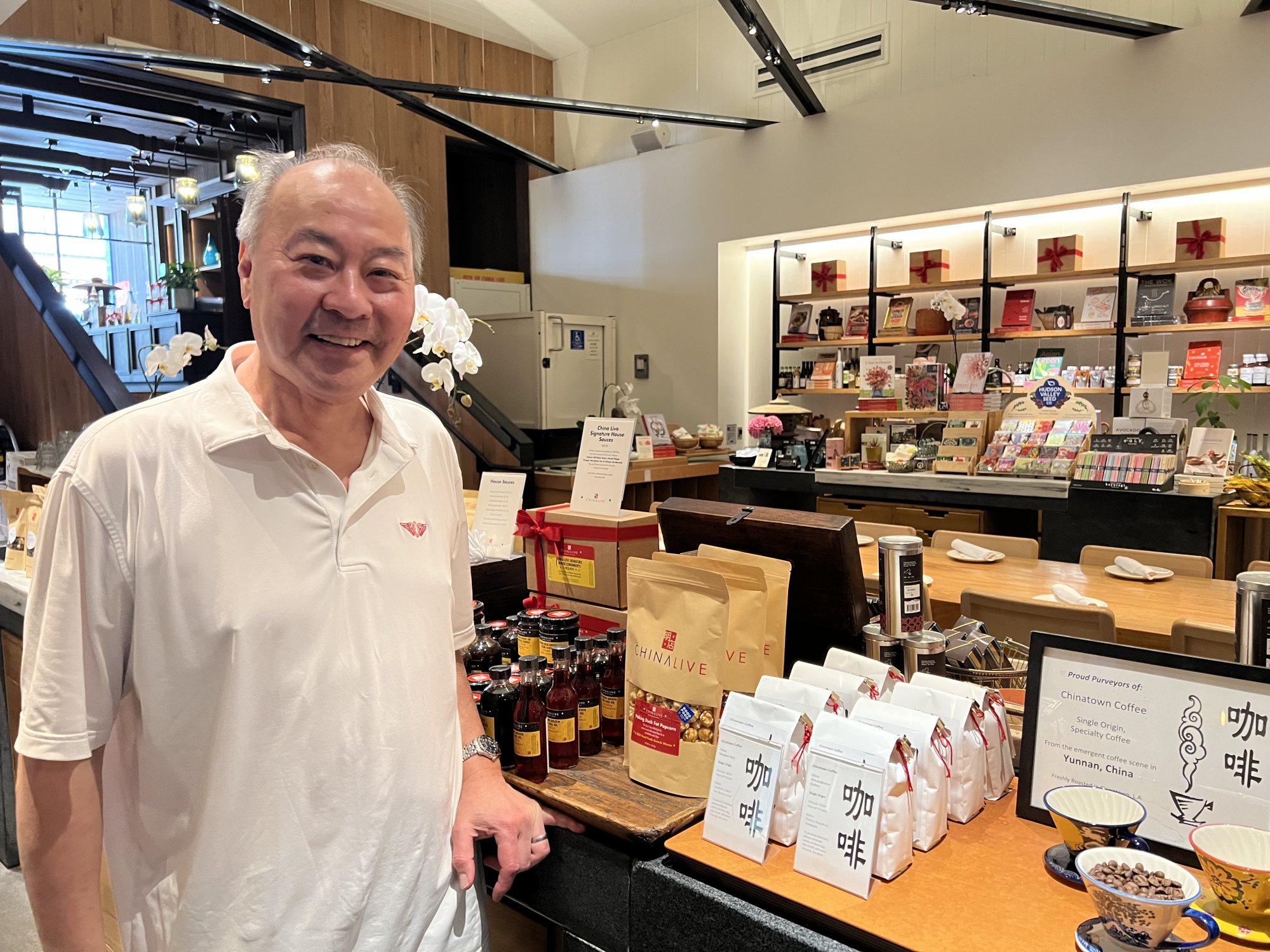
US-China relations: slow but key progress made after high-level visits, say American entrepreneurs
- While recent official meetings have yet to yield tangible deals, renewed diplomacy could mean friendlier commercial conditions, they say
- Business owners reeling after pandemic are anxious about dialogue as many in Congress hold firm against engaging Beijing
High-level exchanges between China and the US have laid a foundation for mending relations between the rival powers and reopening business channels, American entrepreneurs say.
While official visits this summer have yet to produce tangible agreements that would signal a halt in fraying ties, the renewed diplomacy could lead to lower import tariffs and create a friendlier commercial climate on both sides, they contend.
“I think any direct engagement is better than rhetoric given to the media for political purposes,” said George Chen, an acclaimed chef and owner of a four-floor restaurant complex in San Francisco’s Chinatown.
“It’s really important to understand that both superpowers will suffer if China and the US don’t cooperate.”
The Yellen visit could build relations over an extended period, said Jeff Bowman, CEO of Colorado-based materials science firm Cocona. His company makes a sweat-drying masterbatch additive for yarn, and Chinese buyers are expressing more interest in it this year.
5 things to know about a possible new US ban on investment in China
“Relationships are not events,” Bowman said. “They are a long-term process.”

Beijing for its part seeks to boost post-pandemic economic growth rates and sustain its global appeal as a place for investment.
Retailers across US Chinatowns want Yellen’s visit to result in improved Sino-American relations overall, said Brian Pang, co-lead organiser of the Chinatown Solidarity movement comprising Chinese business hubs in 18 North American cities.
But some in business spanning the two countries cautioned that the recent high-level visits have produced no tangible agreements. They note that Yellen and Blinken have mentioned a possible new ban by Washington against US investments in China that are linked to the country’s military.

“American companies with China operations are pleased and relieved that high-level officials have begun meeting again,” said Douglas Barry, a Washington-based consultant who follows US-China trade trends.
“But there’s a sense that planks are being put over quicksand,” Barry added. “Much heavy lifting remains before the contours of a new normal become visible.”
The new investment curbs, were they to take effect, would at least be narrowed to apply to a specific issue with no intent to throw off unrelated business across the Pacific, said Ker Gibbs, a former American Chamber of Commerce Shanghai president and current executive-in-residence at the University of San Francisco.
“As Secretary Yellen said, the challenge here is to make sure the restrictions are targeted correctly without unintended consequences,” Gibbs said.
‘Valuable window of opportunity’ for US-China to deepen industrial ties
Many members of the US Congress, however, remain opposed to resuming engagement with China.

